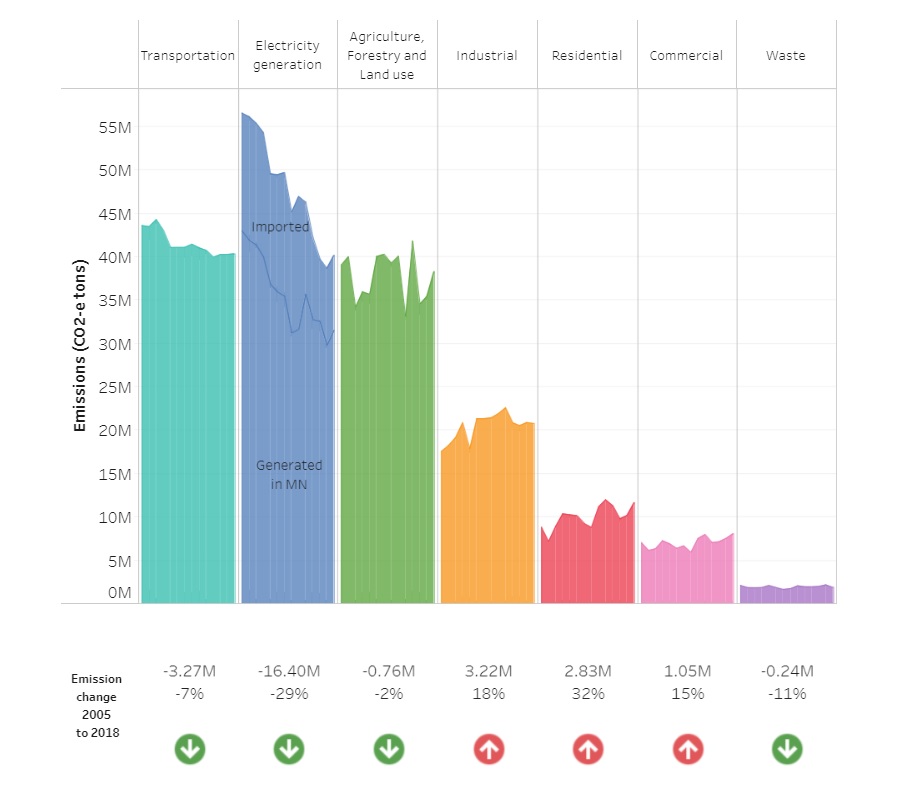PETA’s “Ham Lake to Yam Lake” PR stunt highlights several myths about meat
As someone who grew up on a small family farm in Wisconsin where we raised pigs and beef cattle, even I had to concede that the proposal from People for the Ethical Treatment of Animals (PETA) to change of Ham Lake Minnesota to “Yam Lake,” Minnesota was a silly and fun way of reminding people that their organization still exists.
It is easy to dismiss PETA’s silly proposal, but persistent myths about the environmental impact of animal agriculture — especially as it pertains to greenhouse gas emissions — are manifesting into bad public policies from St. Paul that are no laughing matter.
Myths about meat
Media reports often portray meat as bad for the environment, but these portrayals are mythical, not factual. In his book Apocalypse Never, environmental activist Michael Shellenberger discusses how adopting a vegetarian diet would only reduce personal carbon dioxide emissions by about two to four percent.
This number is diminished even further if we consider that meat-based diets are more expensive than many vegetarian diets, and the money saved by vegetarians is often spent doing other activities that increase their carbon footprint. In the end, there is no scientifically credible way to justify regulations on Minnesota famers to reduce greenhouse gas emissions from their operations.
Cows in the Crosshairs
Unfortunately, Governor Walz has not read Mr. Shellenberger’s book, because he has made it a priority to meet non-binding goals for greenhouse gas reductions established by the Next Generation Energy Act, resulting in a 30 percent reduction by 2025, and 80 percent by 2050. This includes reducing greenhouse gas emissions from Minnesota’s agriculture industry.
Impact on agriculture
The MPCA has identified agriculture as a leading emitter, causing 25 percent of Minnesota’s emissions. This means bureaucrats in St. Paul see Minnesota’s farmers as a liability to be mitigated, and not an asset to our local communities who put food on our tables.

Agriculture and Minnesota’s economy
MPCA’s worldview is problematic because agriculture is the backbone of the economy in many areas of the state.
According to the Minnesota Department of Agriculture, farming is the backbone of Minnesota’s economy, with $17 billion in agricultural sales per year. Agricultural production and processing industries generate over $112 billion annually in total economic impact and support more than 431,127 jobs
Minnesota farmers are some of the most productive in the world, and they put food on the tables of Americans, and they also help feed the world. Minnesota farmers are not a problem to be solved. They are the solution to helping people lead happy, healthy lives in the United States and around the world.
Greenhouse gas regulations for agriculture
Regulations on agriculture are being crafted as we speak to inventory, and ultimately reduce emissions from farming. These policies are largely being drafted by unelected bureaucrats at the Minnesota Pollution Control Agency and the Minnesota Environmental Quality Board, which are erecting unnecessary hurdles for Minnesota farmers.
Discuss MPCA and EQB rulemaking
American Experiment has been leading the charge against efforts to impose new rules and regulations on Minnesota farmers through the bureaucratic rule-making process. This “Rule by Swamp” will impose enormous costs for zero measurable environmental benefits. You can read our comments on these rules by clicking here.
Steak Lake?
After PETA’s PR stunt, American Experiment reached out to Senator Michelle Benson of Ham Lake for a comment. She said:
“When radicals try to change the name of your home town, the best response is humor.
I might suggest Steak Lake!
The left is always trying to find a way to get attention. Laugh when you can.”
That’s great advice. Ham steaks for everyone!